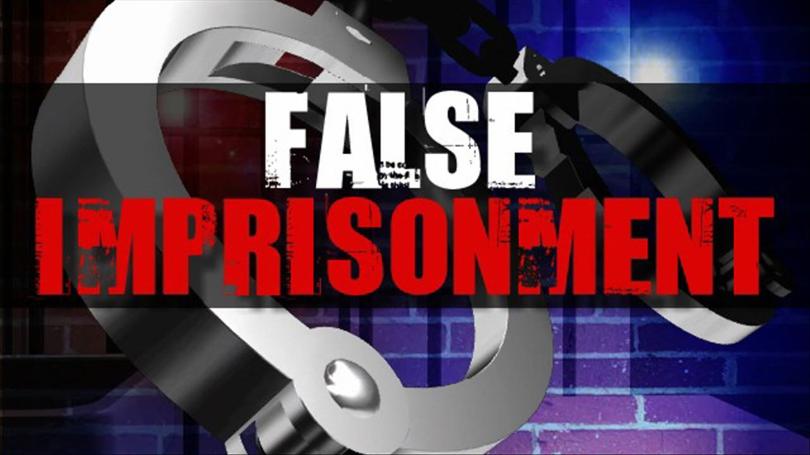
Week 14 False Imprisonment
False imprisonment is a trespass committed by one man against the person of another, by unlawfully arresting him, and detaining him without any legal authority. It consists in the imposition of a Mai restraint for some period, however short, upon the liberty of another, "without sufficient legal authority. A partial obstruction of
his will, as the prevention of his going in one direction orin all directions but one, does not constitute an imprisonment {). The restraint may be either physical or by mere show of authority. Actual contact is not necessary. Thus, to constitute this wrong two things are necessary :—(i). the detention of the person either (a) actual, e. g., laying hands upon a person ; or {b) constructive, e. g., by an officer telling anyone that he is wanted and making him accompany : (2). the unlawfulness of such detention.Every confinement of the person is an imprisonment whether it be in a common prison or a private house, or in the stocks, or by forcibly detaining any one in the public streets {Blackstone). A prison may have its boundary large or narrow, invisible or tangible, actual or real, or indeed in conception only ; it may be in itself moveable or fixed ; but a boundary it must have, and from the boundary that party imprisoned must be prevented from escaping ; he must be prevented from leaving the place within the limits of which the party imprisoned could be confined.
Recommended Case
Bird V. Jones, 7 Q. B. D. 743
Mering v. Graham etc 1919
Bird v. Jones 1845



